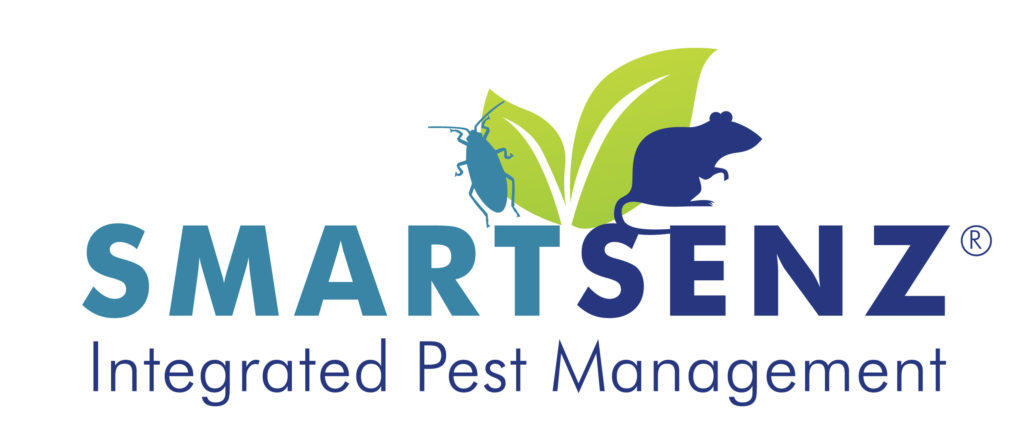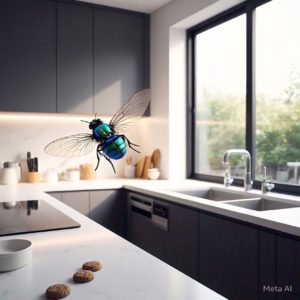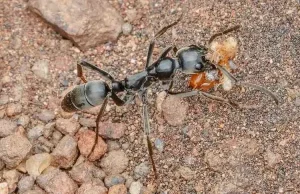Did you know?
Sumerians (the people of southern Mesopotamia) were one of the first people recorded to use chemicals as a form of pest control. Around 4 500 years ago, they used Sulphur compounds to control insects and mites. A few thousand years later (3 200 years ago), the Chinese used mercury and arsenical compounds to control body lice.
The use of chemicals for pest control became a more ‘popular’ method just after the Second World War when products such as organophosphorous, chlorinated hydrocarbon and carbamate insecticides were inexpensive, easy to apply and had fast results. *
Unfortunately, people were too late to realize the negative effects of these chemicals, affecting not only people but the environment as well. For instance, chlorinated hydrocarbons (e.g. DDT) entered the environment in the 1940s, but were only banned in most countries in the 1970s – and are still found in high concentrations in the ocean today! These compounds are currently being taken up by organisms and continue to circulate in our ecosystem. **
Integrated Pest Management (IPM) is not a new concept. IPM solutions date back to when the Egyptians used cats to control the rodent population that were eating their grains. However, in large parts of the word, IPM has been neglected because it takes more effort than simply spraying chemicals.
Due to the severe impact that chemicals have on our environment, we have had to return to using IPM methods. Unfortunately not all pest management companies are implementing this sustainable way of controlling pests. This may be due to a lack of knowledge or that ‘breaking old habits is hard to do’. When your father and your fathers father had a certain way of doing things that resulted in a favorable outcome, then why change what you do right? If dowsing an area with pesticide gets the job done – why change?…
There is no excuse for ignorance in today’s world. Information is so readily available. It is literally at the end of our fingertips!
It’s common knowledge that our natural world is at risk of dwindling and that there are things that we can do to stop this from happening. In terms of pest control – it’s adopting an IPM approach!
So now, it is time to make a choice. Choose to reduce the amount of chemicals you use in your everyday lives. The quick spray of aerosol you used to kill the cockroach yesterday may end up lying in the ocean tomorrow.
Think SMART. Think SMARTSENZ IPM.
*(https://doi.org/10.3389/fagro.2019.00002)
**(https://www.sciencedirect.com/topics/earth-and-planetary-sciences/chlorinated-hydrocarbon)





